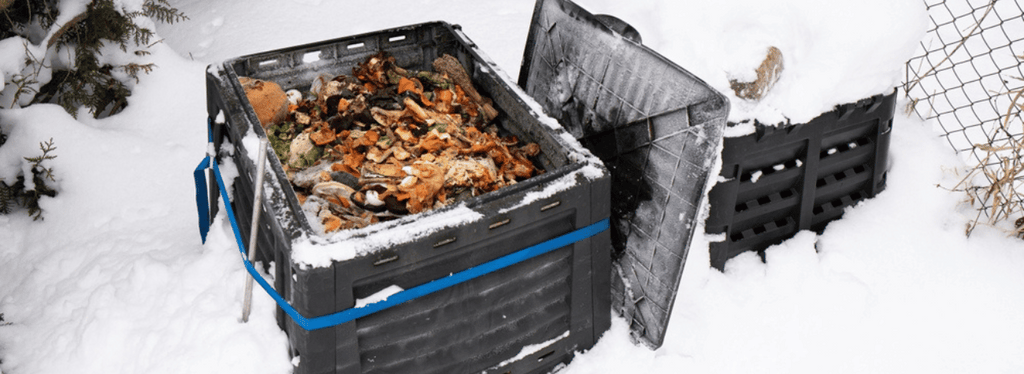
Winter Composting Wisdom: Keeping Your Compost Pile Thriving in Colder Months
As winter sets in and temperatures drop, gardeners often face the challenge of maintaining an active compost pile. While the cold weather may slow down the decomposition process, with the right strategies and a touch of know-how, you can keep your compost pile thriving even in the chilliest of months. In this comprehensive guide, we'll delve into expert tips for managing your compost pile during winter and preparing it for the upcoming spring gardening season.
Understanding Winter Composting Challenges
During winter, composting faces unique challenges due to colder temperatures and reduced microbial activity. As the mercury drops, microbial organisms responsible for breaking down organic matter become less active, slowing the decomposition process. Additionally, excessive moisture from rain or snow can saturate the compost pile, leading to anaerobic conditions and unpleasant odors. However, with proper care and attention, you can overcome these obstacles and maintain a healthy compost pile year-round.

Tips for Winter Composting Success
-
Choose the Right Location: Select a sheltered spot for your compost pile that receives ample sunlight and is protected from harsh winds. A sunny location helps to retain heat and encourage microbial activity, while wind protection prevents the pile from drying out too quickly.
-
Monitor Moisture Levels: Check the moisture content of your compost pile regularly, especially after rainfall or snowfall. While it's essential to keep the pile moist, avoid excess water accumulation by covering it with a tarp during wet weather. Stir the compost pile occasionally to ensure proper aeration and prevent anaerobic conditions.
-
Balance Green and Brown Materials: Maintain a balanced ratio of green (nitrogen-rich) and brown (carbon-rich) materials in your compost pile. Green materials include kitchen scraps, grass clippings, and vegetable waste, while brown materials include leaves, straw, and shredded paper. Aim for a ratio of roughly 2:1 brown to green materials to facilitate decomposition and prevent odors.
-
Shred or Chop Materials: Break down larger organic materials into smaller pieces before adding them to the compost pile. Shredding or chopping materials like branches, twigs, and cardboard accelerates decomposition and promotes even heating throughout the pile.
-
Insulate with Layers: Create insulation layers within your compost pile using straw, cardboard, or dry leaves to retain heat and regulate temperature fluctuations. Insulation helps to protect microbial activity from freezing temperatures and ensures steady decomposition throughout the winter months.

Utilizing EM-1® & EM® Bokashi
-
EM-1® Microbial Inoculant: EM-1® is a powerful microbial inoculant that jumpstarts the composting process and transforms organic waste into nutrient-rich compost. By introducing EM-1® into your compost pile, you can speed up decomposition, reduce odors, and produce high-quality compost for your garden. Simply dilute EM-1® with water and apply it to your compost pile to stimulate microbial growth and enhance compost quality.
-
EM® Bokashi: EM® Bokashi is a fermented bran inoculated with beneficial microorganisms that accelerate the breakdown of organic matter. Use EM® Bokashi in conjunction with the Bokashi composting method to ferment kitchen scraps and other organic waste quickly. The fermented material can then be buried in the soil or added to your compost pile for further decomposition.
Conclusion: Embrace Winter Composting for Spring Success
Don't let the winter chill put a damper on your composting efforts. With the right techniques and a little help from EM-1® and EM® Bokashi, you can keep your compost pile active and productive throughout the colder months. By following our expert tips for winter composting, you'll be well-prepared to harness the nutrient-rich benefits of compost in your spring garden. Embrace the winter composting challenge and reap the rewards of healthy, vibrant soil for your plants all year round.






